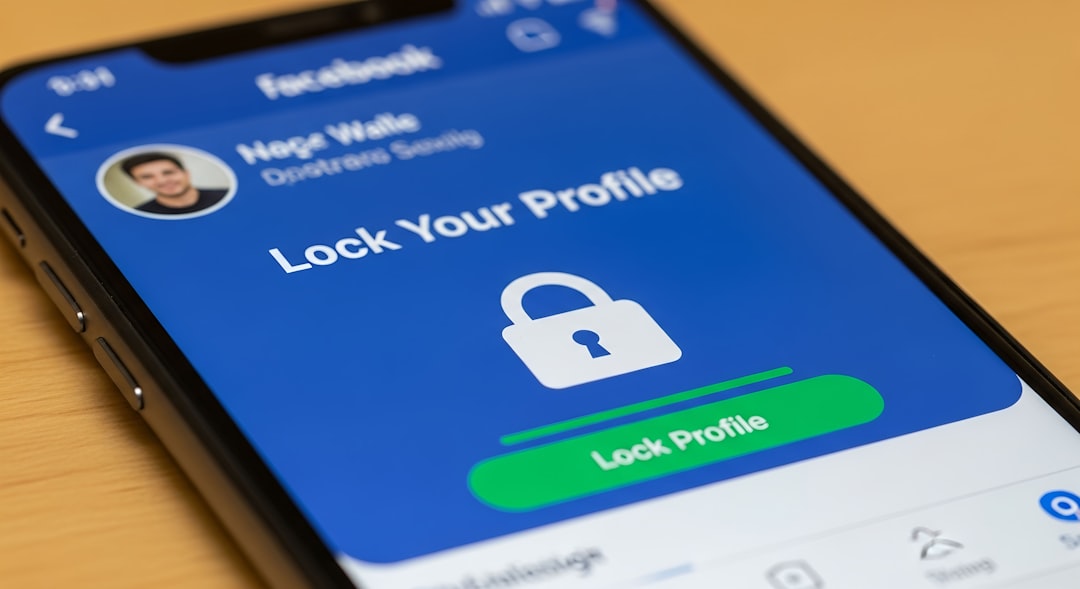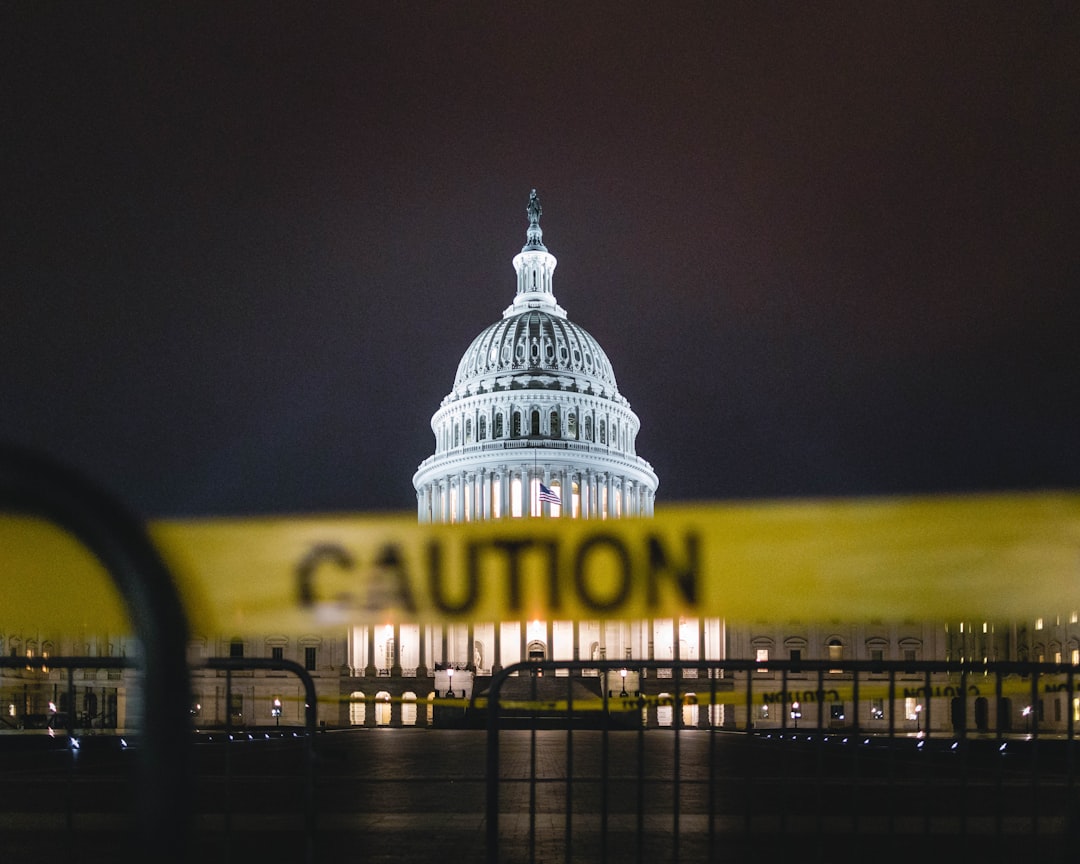Screenshot Etiquette on Facebook: Policy, Ethics, and Alternatives (Share/Save Options)
In today’s digital age, social media is as much a platform for communication as it is for broadcasting ideas, art, and opinions. With Facebook being one of the most prominent arenas for digital interaction, there’s an ever-growing need to understand the unwritten rules and official policies surrounding content sharing. One rising concern is the act of taking screenshots of content instead of using the native share or save functionalities. While it may seem innocent, screenshotting on Facebook invites questions around ethics, consent, privacy, and proper digital etiquette.
Understanding the Basics: What is Screenshotting on Facebook?
Simply put, taking a screenshot on Facebook refers to capturing an image of a post, comment, profile, or any part of the platform using your device’s native screen capture tool. Screenshotting is quick and powerful, but it bypasses some of Facebook’s intended functionalities, potentially violating community standards, policies, and user expectations.
While some might see screenshots as a way to preserve or share moments, they can be problematic if used indiscriminately or maliciously. Just because something is publicly viewable doesn’t mean it’s acceptable to redistribute it out of context or without consent.
Privacy in the Screenshot Era
One of the main concerns surrounding screenshots on Facebook pertains to the privacy of the original poster. Many posts are visible to limited audiences—friends only, friends of friends, or specific groups. When you take a screenshot and distribute it outside that intended audience, you may be breaching trust or even platform rules.

Although Facebook currently doesn’t notify users if someone takes a screenshot of their content (unlike platforms like Snapchat), this doesn’t make it morally or ethically justifiable. Most users still assume a certain degree of privacy, especially within closed groups or private messages.
Facebook’s Stance on Screenshots
Facebook doesn’t explicitly prohibit taking screenshots in their Community Standards or Terms of Service. However, they do emphasize privacy, consent, and respectful sharing. Key sections to consider include:
- Privacy Policy: Encourages respecting the privacy of others and requires consent before collecting or redistributing any identifiable information.
- Community Standards: Prohibits harassment, dissemination of private info, and actions that could lead to reputational harm or misinformation.
So, while Facebook won’t suspend you for taking a screenshot, how you use it might land you—or someone else—in hot water. If a screenshot is used to mock, shame, or misrepresent someone, it could be considered cyberbullying or defamation.
Ethical Questions: Just Because You Can, Should You?
There’s a massive difference between having the ability to screenshot and having the right or need to do so. Ethical screenshotting hinges on several questions:
- Did the original poster expect this post to remain within a closed audience?
- Are you sharing it for personal reflection or public ridicule?
- Would you be comfortable if someone did the same to you?

In general, the best practice is to ask before you screen. If a friend posts something beautiful or witty, just drop them a message before screenshotting and sharing. This maintains trust and demonstrates responsible digital stewardship.
Better Alternatives: Share and Save Features
Facebook provides a suite of built-in tools designed for sharing content responsibly while protecting user rights and privacy preferences. Instead of screenshotting, consider these alternatives:
1. Sharing Posts
Most public posts come with a “Share” button. This is the platform-sanctioned method of redistributing content. When you share a post, it retains attribution and any associated privacy settings. It also notifies the original poster that you have shared their content, respecting both transparency and context.
2. Saving Posts
If you merely want to revisit a post at a later time, there’s no need for a screenshot. Just click the menu (⋯) in the top right corner of the post and select “Save Post”. Saved posts can be accessed in your Saved Items collection from your menu tab.
3. Screenshot with Permission
In instances where a screenshot is genuinely useful—perhaps for educational use or documentation—always seek permission from the original poster. This can be as simple as a quick DM saying, “Hey, do you mind if I screenshot and share this quote? It really resonated with me.”
Special Scenarios: Group Discussions, Memes, and Marketplace Listings
Some parts of Facebook contain unique content that users frequently screenshot. Let’s explore how screenshot etiquette plays out in these scenarios:
1. Facebook Groups
Whether public or private, Facebook groups are built on the premise of community. Posting content from a group elsewhere without context can twist meanings or violate the group’s rules. Private groups, especially, imply an agreement among members to keep discussions within the group.
2. Memes and Viral Posts
Memes are often seen as verbal or visual jokes made for mass sharing. Still, before screenshotting and circulating such content, try to find the original source. Using the “Share” button helps preserve the original attribution and avoids misappropriation.
3. Marketplace Listings
If you’re shopping on Facebook Marketplace, resist the urge to screenshot listings and distribute them elsewhere. Sellers may not want their products or images shared out of context, and if you’re warning others about scams, it’s better to report the listing through Facebook’s own reporting tools.
The Dark Side: When Screenshotting Goes Wrong
Despite good intentions, screenshots can be misused. Screenshots of private messages or controversial posts can spark public outrage, sometimes known as “callout culture” or digital shaming. This raises serious issues around:
- Context Collapse: Where a message intended for a specific audience is interpreted incorrectly when seen by a broader group.
- Consent: Often completely absent in viral screenshot sharing.
- Public Misinformation: Screenshots can be edited or faked, leading to accusations or false narratives.
Remember: every screenshot has the potential to become a selfie of your ethics.
Educating the Next Generation
Digital literacy is becoming as essential as reading and writing. One critical component of that literacy is understanding how to behave responsibly online. Educators, parents, and influencers should take a moment to teach younger users that screenshotting isn’t a neutral action—it’s one that involves responsibility, consent, and respect.
Conclusion: Rethinking the Screenshot Habit
Screenshots are a tempting shortcut in our always-online lives, but shortcuts often lead us to ethical crossroads. On Facebook, where content is intertwined with identity, relationships, and reputation, screen captures should be handled with care and consideration. Instead of relying on screenshots, try using the platform’s built-in tools to share and save content while respecting the boundaries of digital privacy.
By rethinking how and why we screenshot, we can foster a more respectful, trustworthy, and context-sensitive social media environment. A simple click can speak volumes about our values—make sure yours are worth sharing.